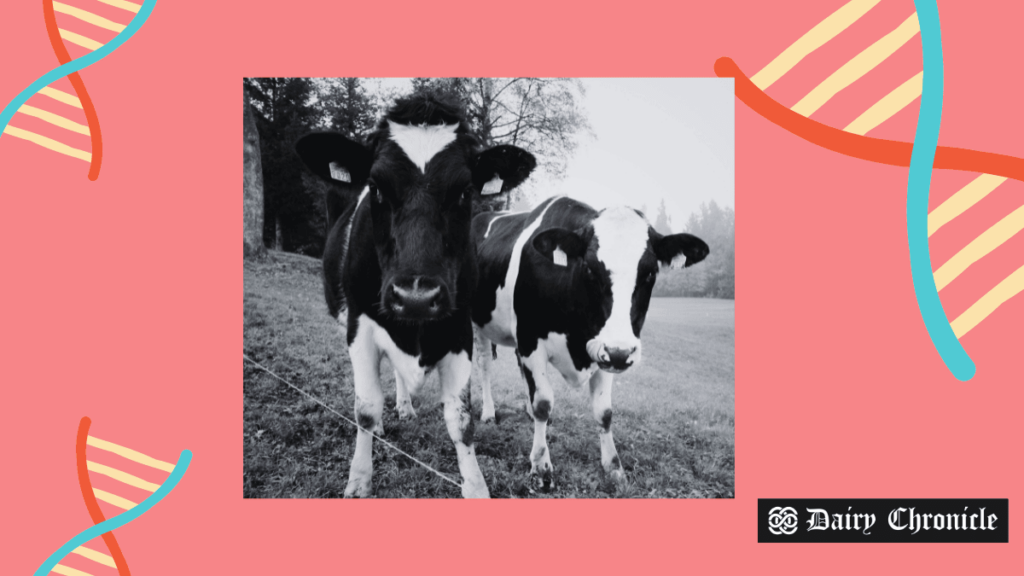The UK faces a critical juncture in the gene editing debate as the Precision Breeding Act stalls. The Act aims to permit the sale of gene-edited foods, but it’s delay has sparked concerns over safety and ethical implications. Supporters highlight potential benefits such as improved disease resistance and reduced greenhouse gas emissions, while critics worry about animal welfare and regulatory gaps. With global advancements and EU regulatory challenges, the future of gene editing in the UK remains uncertain.
The UK’s Precision Breeding Act, which aims to facilitate the commercial sale of gene-edited food, has encountered significant delays. This legislation, initially designed to position the UK as a leader in gene editing technology, faces uncertainty amidst safety and ethical concerns. The debate highlights contrasting views from scientists and environmental campaigners, affecting the future of this emerging field.
The Current State of Gene Editing:
Gene editing, while not new in concept, has advanced considerably with modern technology. Scientists can now make precise alterations to the DNA of organisms, potentially leading to new, disease-resistant crops and livestock. Countries like Japan and the US are already seeing gene-edited products on their shelves, including faster-growing fish and heat-resistant cattle.
Scientific and Public Reactions:
Advocates argue that gene editing could reduce animal diseases, lower greenhouse gas emissions, and improve agricultural productivity. Proponents like Prof Jonathan Napier from Rothamsted Research and Prof Tina Barsby stress the technology’s potential to revolutionize farming practices.
However, the technology is not without its critics. Concerns about animal welfare and potential unintended consequences persist. Environmental campaigners like Dr Helen Wallace of Genewatch UK argue that gene-edited organisms might not be subject to the rigorous safety assessments required for genetically modified (GM) crops, which could pose risks to both health and markets.
Regulatory Challenges:
The Precision Breeding Act, passed by the previous UK government, was expected to streamline regulations for gene-edited foods. However, due to an early election, secondary legislation necessary for the Act’s implementation remains stalled. With the new Labour government considering stricter alignment with European Union regulations, the future of gene editing in the UK is uncertain.
The EU’s stringent regulations on GM crops apply to gene-edited products as well, reflecting ongoing public skepticism and safety concerns. Despite the advancements in gene editing technology, the regulatory environment remains cautious, particularly regarding the commercial sale of such products.
International Perspective:
Countries like Thailand, Canada, Australia, and Japan have already adopted regulations surrounding gene editing, aiming to balance innovation with safety. The UK’s delay in implementing its Precision Breeding Act risks falling behind in the global race for gene editing advancements.
Potential Benefits and Risks:
Supporters argue that gene editing could address pressing issues like disease resistance and climate change. For instance, gene-edited pigs resistant to diseases like PRRS have shown promise, though they are not yet available for UK farmers. On the other hand, critics worry that the technology might exacerbate problems related to intensive farming and animal welfare.
Future Outlook:
The debate over gene editing in the UK reflects broader global discussions about the balance between technological innovation and ethical considerations. As countries continue to develop and regulate gene editing technologies, finding a consensus on their safe and ethical use will be crucial.
The ongoing debate over gene editing highlights the need for careful regulation and balanced perspectives. As the UK navigates its legislative challenges, the global community watches closely, evaluating the potential benefits and risks of gene editing technologies.
